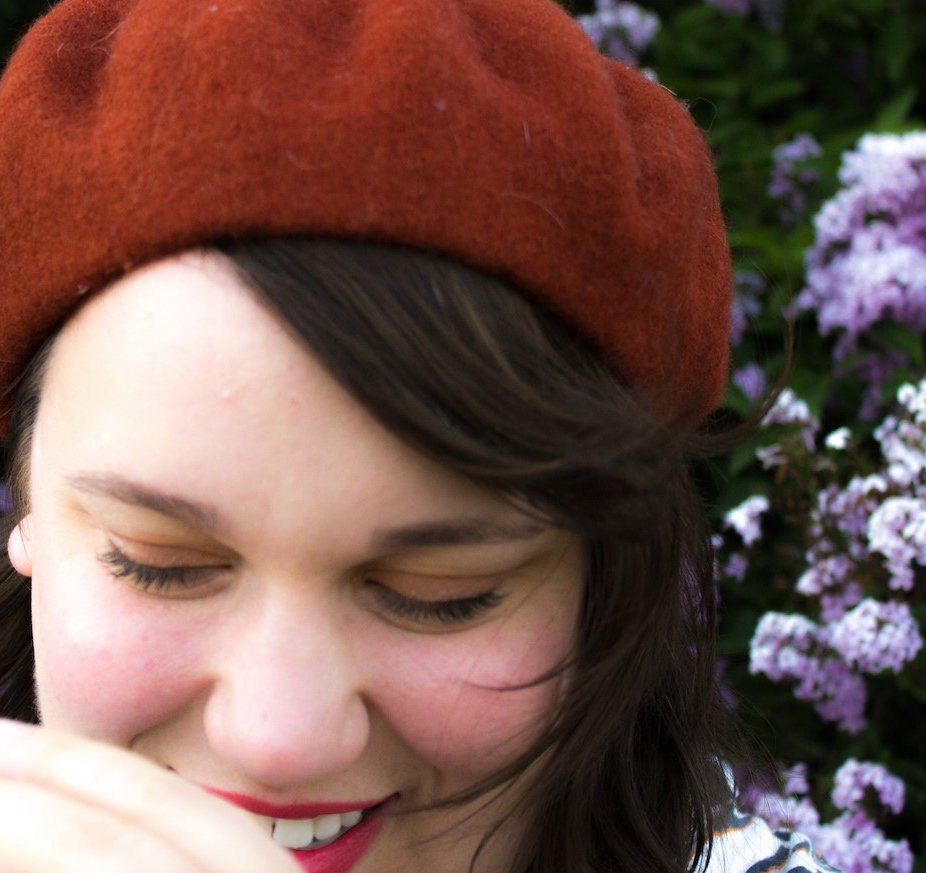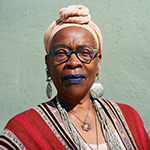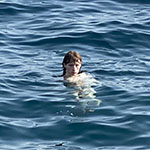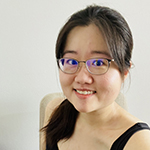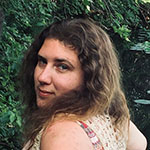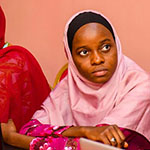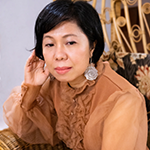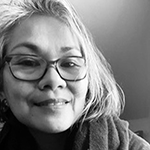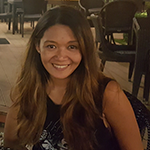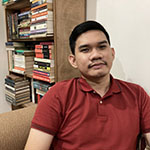Summer Morn
I (you?) descend the cave through it’s stalactite incisors: pungent trollgoblins, thundering shadows and midnight grumbles – Bloodrot of fresh kill – ugh, the reeking mossgrot and quiet shh shh your bloodnoise they will grok and their bellows will topple my preyerful musque so stand rockstill Allow healing rivers to replenish daylight to (y)our splintered granite slopefalls…
[the trumpeteering towncrier abreast a weathervane]: a rose, a rose, my strawberry Summer… has arose?Dawnlight trickles from dry waterfall sky.
Gentle lover with cracked lips,
will you allow my tears as balm?
accept this lonely morning psalm?
“He loves me, I rust and rot.
I hunt him, he lusts me not?”
Petals droop tearfully
in sleepy sinking hammock-swings…
V: I heard-
O: -what?-
V: I heard that – I heard- I heard-
O:-what!-
V: Won’t you shhh? There were thunderbolts.
As my gaze rumbled
& undressed the trembling stembrush—
stumbling storm-strirred eyes.
(Uh-oh)
Rising from loam her blooming iris painted the clouds in whirlpool watercolours –
(my pirouetting sunrise, how you were mist) – directly spy-swirling their (over-there!) inner-eye.
“Will you help rescue my beloved?”
… Okay?
And so we breeze the promenade,
haunt the hillsides,
overcast sheep in suffusions of mist.
When the Seer, Ms. Hawthorne VII,
Daughter of the Gnostics Temple,
summon(ed?) them/us to family dinner,
the invite is (was) by windswept crow.
Now entering the applecottage pie quaint English hamlet
– deer on the mantel, blackberry eyes
opaque and oracle –
Ms. Hawthorne II, tragically perished, wrapped me with cackling voodoo beads and thus were her deathwords:
“Oh what is it to be loved?
A snare, a snare, look at my rabbit paws.
They bring luck.”
Hypnotic hearth, hypnotic heart,
in the warm-rug warm-rum library of Mr. Haardt…
her eternal heartthrob.
His eyes are accusations. “Have you ever fired a rifle?”
I’m swinging my neck across the horizon,
so we pulse through the vein, fluid hunters,
brandy hemoglobins preserved in amber…
boozed (wobbling) scope
drowssy crosshairs slurrrring skyward:
[clangclanging churchbells] Dinner dinner for all you carnivorous sinners! Dinner up(on) the clouds in the giant white wintercrowned poplar with popular vegan guests and tables carved in artisan-flavored cherrywood.And on the menu, my dear whoms and whomstresses (inc. bodies and nobodies):
some strawberry
Sum Myrrh
(where did she go?)
Chiming tinkling cutlery, guests quiet like sorrow:
V: … But papa, truly you are fowl.
O: Yes, I am a monster, little chicken.
V: I am no longer little, papa.
O: Ah, but we are specks to the sun –
The hunter that flings incandescent spears,
flaming battlechariots of barbarous heat –
At this her face speckled,
freckled pomegranate seeds;
(slicing kitchen knife & wooden cutting board)
“I’ll be out soon with slices of lemon.”
Lunar-yellow crescents,
heavenfruit fumes waft from bubbling stars
stirred in the night cauldron.
Occult astrology on the barnyard roof,
shuffling tarot decks hosted in the wine cellar:
rotting calendars & desiccated dates.
I stretch for the pulp,
you stoop for the pip.
“Please, don’t sulk, we’ll be back in a bit.
He must learn to shoot.”
But I & we & you turned the cards over
in that basement crypt, intoxicant grapevines:
The Silent Archer and The Juggernaut,
The High Priestess and The Tangled Lovers.
(crystal-dark cave)
A most stormful forecast, indeed.
“Okay, be careful, my beloved.”
During the Sagittarius eon of Brontosaurus Rex,
silent-toed they crept with axe and club,
meat for cavern.
“Look, look!”
There’s two of them, fullchested and loinclothed,
circling the other like twin flames,
lightningforged blades
crisping to spark.
They duel for ripe daybreak.
To pluck the wallflower
from between unruly heap.
Sobbing rain mourns the clouds. Rotating garlands of our children circling skipping chanting around the campfire: I am you and you are me, in perspectives of eternity…
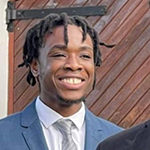
Hiyoowi Hamainza is an emerging poet who resides in Cape Town, currently working on his debut novel. He works as an English Editor, studying Psychology and Philosophy part-time.

 BACK TO ISSUE
BACK TO ISSUE